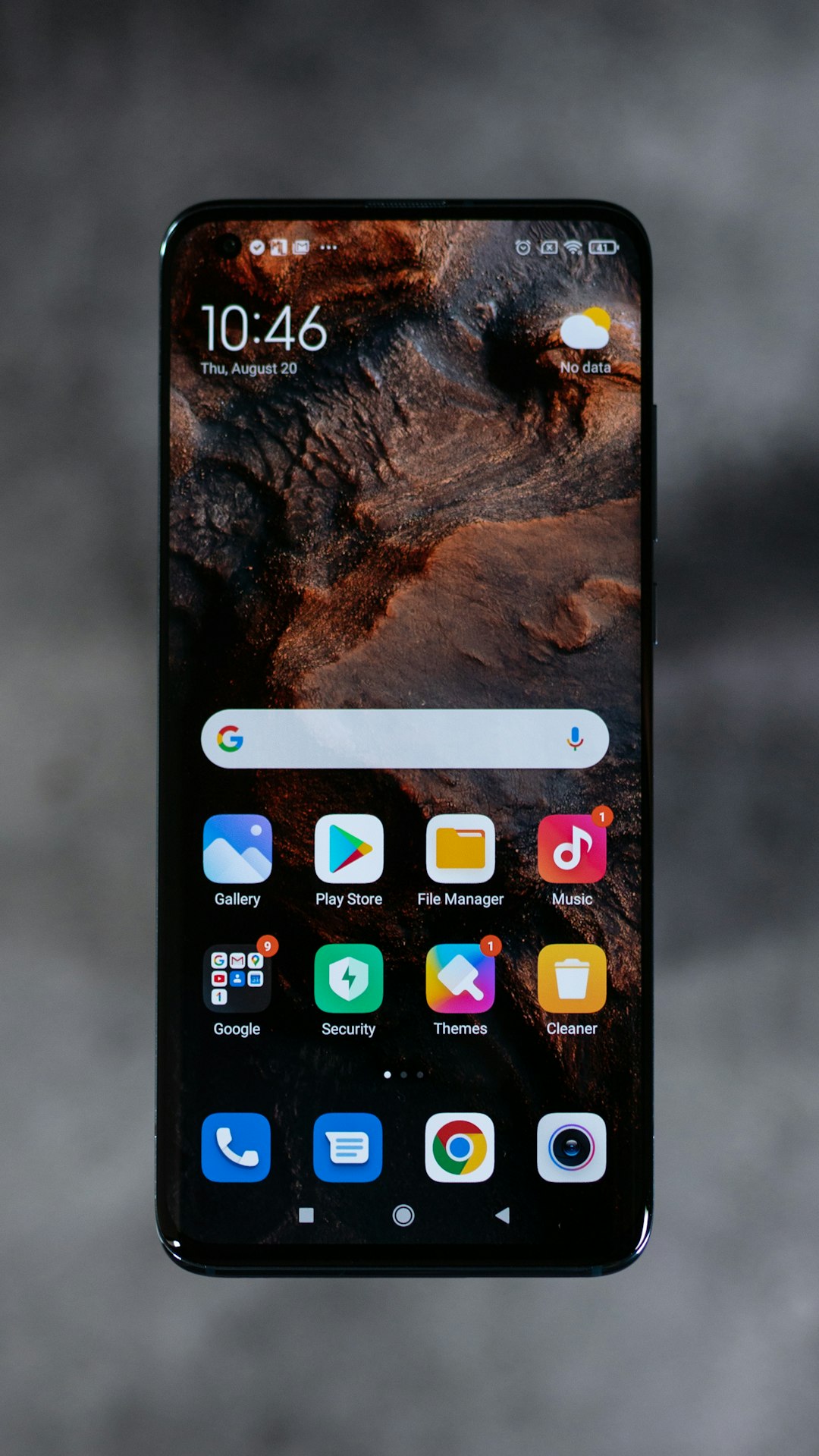Spam calls targeting individuals and educational institutions in Missouri are a growing concern. To combat this issue, schools must understand federal regulations like the TCPA and collaborate with specialized spam call lawyers Missouri. Building relationships with these lawyers allows for education initiatives that empower students through digital literacy, call blocking technologies, and workshops on spam call risks. By integrating anti-spam call measures into curricula, schools fulfill their legal duty to protect student privacy and security, while spam call lawyers Missouri provide guidance and support in navigating complex laws. Effective evaluation methods measure the success of these programs, ensuring continuous improvement in combating unwanted phone calls.
In an era dominated by digital communication, spam calls remain a persistent nuisance. This comprehensive guide explores effective collaboration strategies between schools and legal experts to educate students about spam calls in Missouri. From understanding the legal perspective to implementing anti-spam strategies, this article delves into building robust defense mechanisms against unwanted calls, empowering students with knowledge to protect their privacy.
Spam call lawyers Missouri play a pivotal role in guiding educational institutions through legal obligations, ensuring successful, data-driven spam call education programs.
Understanding Spam Calls: Legal Perspective for Missouri Schools

Spam calls, or unsolicited telephone marketing calls, are a widespread issue affecting individuals and institutions alike. In Missouri, schools often grapple with these unwanted calls, which can disrupt educational environments and cause privacy concerns. From a legal standpoint, understanding the regulations surrounding spam calls is essential for Missouri schools to ensure compliance and protect their students’ rights.
The Telephone Consumer Protection Act (TCPA) serves as the primary legal framework governing spam calls in the United States, including Missouri. This federal law imposes strict restrictions on automated telephone dialing systems and prerecorded messages used for marketing purposes. Schools should be aware that violating TCPA regulations can lead to significant fines and legal repercussions. By collaborating with spam call lawyers Missouri residents may have access to specialized legal guidance, helping them navigate the complexities of these laws and implement effective strategies to mitigate spam calls targeting educational institutions.
Building a Collaborative Relationship with Educational Institutions

Building strong relationships with schools is a game-changer in the fight against spam calls. As a professional focused on educating communities about this issue, establishing collaborations with educational institutions can be highly effective. Start by reaching out to local schools, offering your expertise and resources to help them understand the impact of spam calls and how they can mitigate risks for their students.
Spam call lawyers Missouri can play a pivotal role in these partnerships, providing insights into legal aspects and best practices. Through workshops, assemblies, or even curriculum integration, you can empower students with knowledge about privacy rights, call blocking technologies, and the importance of digital literacy when it comes to protecting against unwanted communication. Such collaborations foster an environment where every Missouri citizen is equipped to navigate the digital landscape safely.
Implementing Effective Anti-Spam Call Strategies in the Classroom

Incorporating anti-spam call education into the curriculum is a proactive step that schools can take to empower students and protect them from unwanted phone calls. Spam call lawyers in Missouri emphasize that teaching students about spam calls can help build digital literacy skills, enabling them to recognize and avoid potential scams. By implementing effective strategies, teachers can create an interactive learning environment. This involves discussing the impact of spam calls on individuals and communities, encouraging critical thinking when receiving unknown calls, and providing practical tips for blocking and reporting such calls.
Practical exercises can include simulating spam call scenarios, where students learn to identify red flags and safely interact with potential scammers. These activities not only educate but also foster a sense of digital responsibility. Schools can further collaborate with local authorities or cybersecurity organizations to offer workshops or seminars, ensuring students gain access to up-to-date information on the latest spamming tactics and protective measures.
Legal Obligations and Responsibilities for School Administrators

School administrators in Missouri have a legal obligation to protect students and staff from spam calls, which can be a significant nuisance and even pose security risks. With the Telemarketing and Consumer Fraud and Abuse Prevention Act (TCFAPA) in place, educational institutions are held responsible for mitigating unsolicited phone calls, including those classified as spam. This involves implementing robust call blocking technologies and educating students about the potential dangers of answering unknown numbers.
Spam call lawyers Missouri often advise schools to establish clear policies regarding inbound calls, ensuring that all staff members are trained to handle such situations. By staying proactive and informed about their legal responsibilities, school administrators can ensure a safer and more secure learning environment for everyone involved.
Measuring Success: Evaluating the Impact of Spam Call Education Programs

Measuring success is an integral part of any educational initiative, and spam call education programs are no exception. When collaborating with schools to raise awareness about spam calls in Missouri, it’s crucial to implement a structured evaluation process. This involves tracking key metrics that reflect the impact of the program on students’ understanding and behaviors regarding spam calls.
One effective approach is to conduct pre-and post-program surveys to gauge knowledge retention and attitude shifts. Additionally, analyzing call volumes and complaint data from local telecommunications regulators can provide tangible evidence of reduced spam calls in areas where educational efforts have been concentrated. By combining qualitative feedback from students and quantitative data on call trends, Missouri spam call lawyers and educators can collaboratively refine programs for maximum effectiveness.






